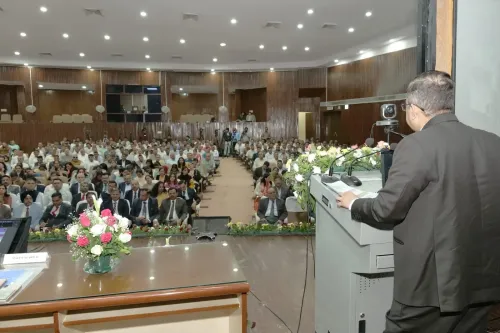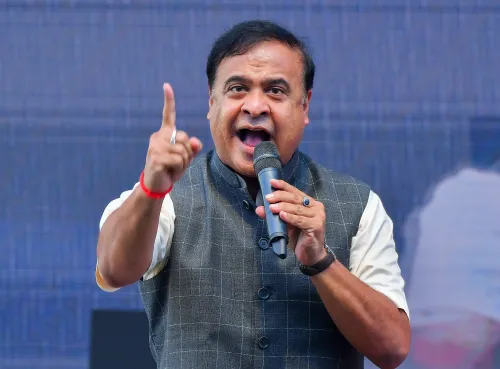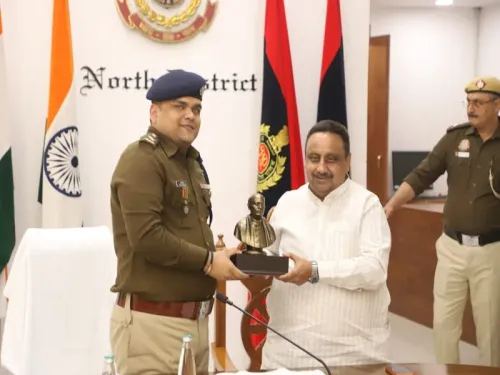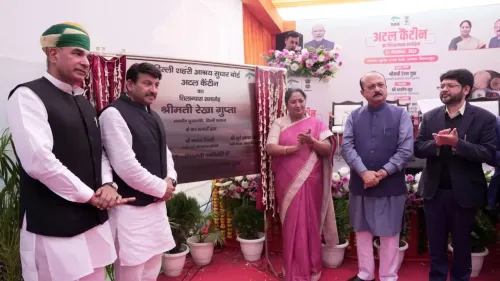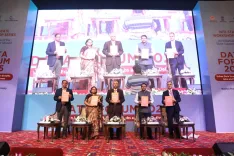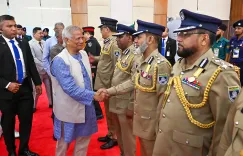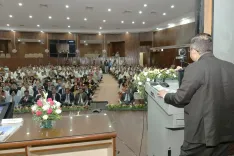Are Nehru’s Writings a Reflection of India’s Evolving Conscience?
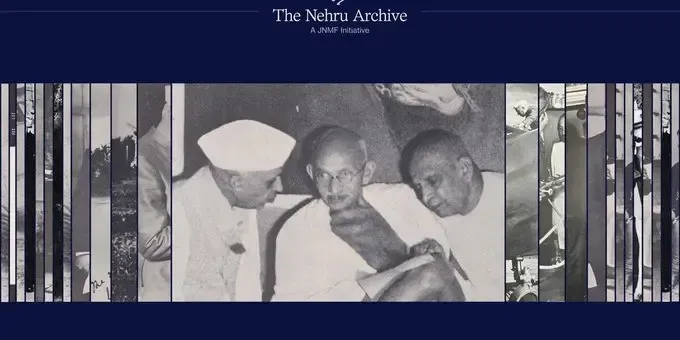
Synopsis
Key Takeaways
- Rahul Gandhi emphasizes the significance of Nehru's writings.
- The launch of The Nehru Archive marks a crucial step in preserving India's history.
- The archive offers over 75,000 pages of content and will continue to expand.
- Nehru's works reflect India's evolving conscience and democratic journey.
- Access to these writings is free and open to the public.
New Delhi, Nov 21 (NationPress) Congress leader Rahul Gandhi expressed on Friday that the writings of Jawaharlal Nehru serve not just as historical documents but as a mirror to India’s evolving conscience. Gandhi's comments came following the completion of the digitization of 100 volumes of Nehru's selected works.
He shared his excitement about this legacy being now open, searchable, and accessible to everyone, highlighting that the archive will continue to grow.
Rahul Gandhi posted on the social media platform X, stating, “Nehru’s writings are more than history; they encapsulate India’s evolving conscience. For anyone aiming to grasp our nation’s democratic journey - its courage, doubts, and dreams - his words act as a powerful compass.”
He added, “I’m delighted that this legacy is now open, searchable, and free for everyone. It will keep expanding.”
Congress President Mallikarjun Kharge also shared on X, quoting Nehru: “Facts are facts and will not disappear on account of your likes.” In a time of intentional distortion and misinformation regarding Nehru and his significant contributions to India, it is essential to digitize his writings for truth and posterity.
Kharge expressed satisfaction that “The Nehru Archive” is now operational, calling it India’s first comprehensive, open-access digital archive encompassing Nehru’s letters, speeches, notes, and various writings — all interconnected and easily accessible.
“I am pleased to announce that ‘The Nehru Archive’ is now live: http://nehruarchive.in. This is India’s first comprehensive, open-access digital archive of Jawaharlal Nehru’s writings — letters, speeches, notes, and more, all interconnected and freely available for easy access.”
According to the Nehru Archive website, it is an ongoing project dedicated to preserving Nehru’s writings, speeches, related documents, visual materials, and audio recordings.
The 100 volumes of the Selected Works of Jawaharlal Nehru, spanning the period from 1903 to 1964, have now been uploaded. They are fully searchable and available for free download.
Earlier on November 20, Congress General Secretary for Communications, Jairam Ramesh, highlighted a new digital archival facility launched by the Jawaharlal Nehru Memorial Fund to access documents related to the freedom struggle and the early years of Independent India.
Ramesh shared on X, “The Jawaharlal Nehru Memorial Fund has just unveiled a smartphone-friendly http://nehruarchive.in.”
“This is an easily searchable and freely downloadable digital archive built initially around the 100 published volumes of the Selected Works of Jawaharlal Nehru, covering 1903-1964. The archive includes over 75,000 pages and 3,000 illustrations to start with,” Ramesh stated.
“The archive will continue to grow, incorporating more texts, photographs, audio, and films. Archives worldwide containing letters to and from Nehru are being approached to further expand the collection. Books written by and about Nehru during his lifetime will also be included,” Ramesh wrote.
Previously, the JNMF released a statement saying, “The website The Nehru Archive is available at nehruarchive.in. The entire set of 100 volumes has been digitized; they can be searched and downloaded freely, and they are accessible on both mobile and laptop. Facsimiles of the original print versions are also available alongside the digital text.”
“This online version will be immensely beneficial for anyone wishing to study any aspect of Indian history from the 1920s to the 1960s, the years when Nehru was a prominent leader in the independence movement and subsequently served as Prime Minister,” stated JNMF Secretary Professor Madhavan Palat in the announcement.
It consists of around 35,000 documents and approximately 3,000 illustrations. From volume 44 onward, starting from September 1958, his speeches are available in both original Hindi and English translation. The documents include his correspondence, speeches, interviews, administrative notes, diary entries, and even sketches. However, this is just the beginning, it noted.
“Moving forward, new items will be added gradually, including photographs, audios, videos, books by Nehru, and publications about Nehru that were released during his lifetime, along with any other publicly available documentation, as well as the Hindi originals of speeches that were not included in the Selected Works,” stated the JNMF.

